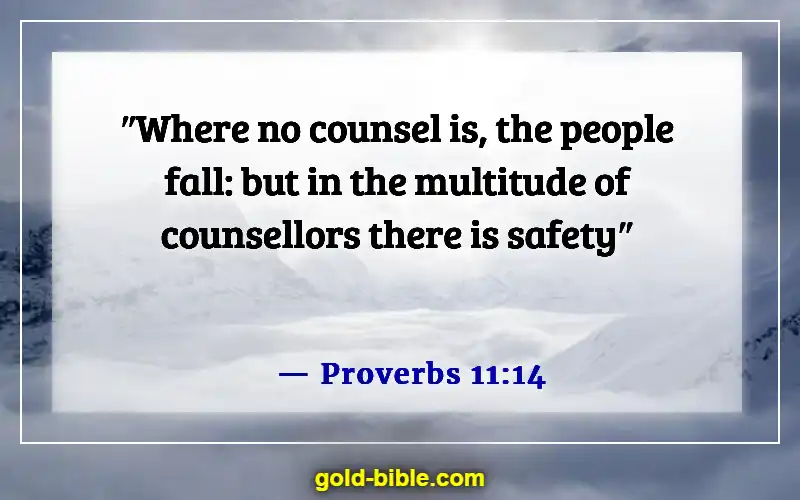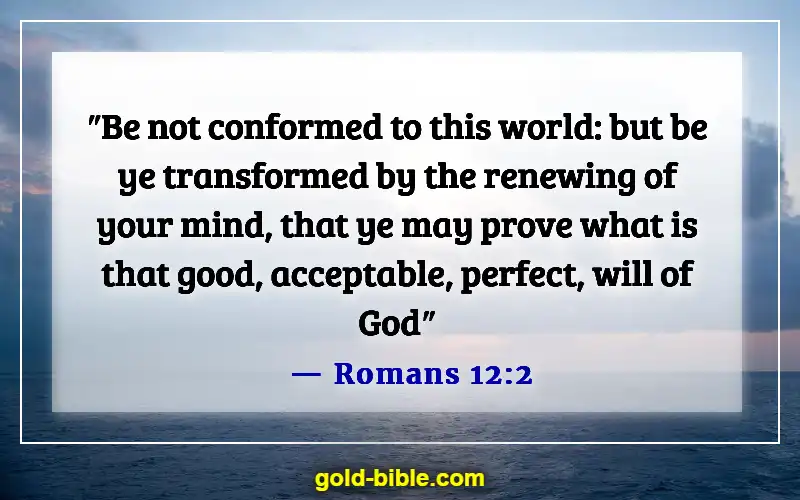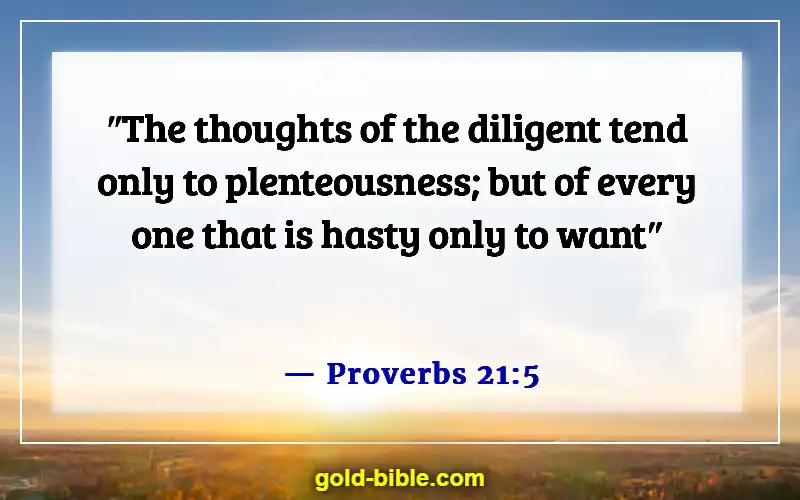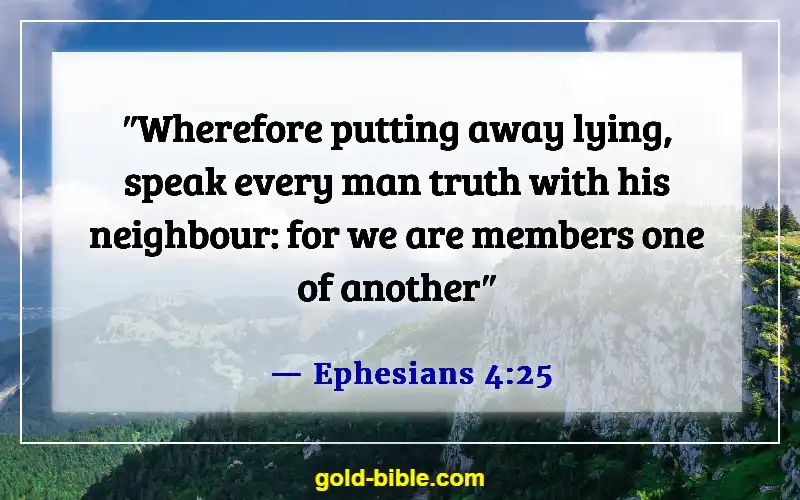Friends, if you’re seeking guidance on “Bible Verses About Right And Wrong Choices,” today’s content is for you. Here, I share Bible verses that can really help you better understand decision-making according to the Bible. These scriptures offer insights into discerning between right and wrong, making wise choices, and following God’s path. Let’s explore what the Word says about navigating life’s decisions and aligning our choices with biblical principles.
Contents
- 1 Introductions
- 2 What Does the Bible Say About Making Wise Decisions?
- 3 Key Scriptures on Moral Choices and Their Consequences
- 4 How to Discern Between Right and Wrong According to the Bible
- 5 Biblical Examples of Good and Bad Choices
- 6 Proverbs on Wisdom and Decision-Making
- 7 Applying Biblical Principles to Modern Ethical Dilemmas
- 8 Conclusions
Introductions
Dear friends and fellow believers, I hope this message finds you well. Today, let’s explore the profound topic of making right and wrong choices as guided by the wisdom found in the Bible. Our journey through life is filled with decisions that test our faith and character. Fortunately, the Bible provides us with timeless guidance to help us make choices that honor God and lead to a fulfilling life.
When it comes to making wise decisions, the Bible encourages us to trust in God wholeheartedly, rather than relying solely on our own understanding. This means actively seeking God’s will through prayer, studying His Word, and seeking advice from wise and godly mentors. The book of Proverbs is especially rich with insights on decision-making, reminding us that true wisdom begins with a reverence for the Lord.
The Bible also highlights the importance of distinguishing between right and wrong. This skill is honed through continual practice and a deep connection with God. By immersing ourselves in Scripture and staying attuned to the Holy Spirit’s guidance, we can sharpen our ability to recognize truth and avoid deception.
Throughout the Bible, we find examples of both wise and unwise choices. We can learn from Solomon, who asked God for discernment to lead his people wisely, or from Daniel, who chose to remain faithful to God despite facing persecution. On the other hand, we see the consequences of poor choices in the lives of figures like King Saul, who disobeyed God’s commands, or Judas Iscariot, whose betrayal led to deep regret.
In facing modern ethical dilemmas, applying biblical principles can provide clarity. The teachings of Jesus on love, compassion, and justice offer a strong foundation for navigating complex issues. We are called to act with integrity, treating others as we would want to be treated, and always striving to glorify God in our decisions.
As we reflect on these teachings, my dear brothers and sisters, let us commit to making choices that align with God’s will. May we seek His wisdom in all things and endeavor to live lives that reflect His love and righteousness. If this message resonates with you, please share it with others who might benefit from these biblical insights.
Now, let us explore some Bible passages that speak to the theme of right and wrong choices, and draw inspiration from their timeless wisdom.
What Does the Bible Say About Making Wise Decisions?
The Bible is rich with key scriptures that address moral choices and their consequences, serving as both a guide and a warning to believers. These scriptures illustrate the principle that choices have repercussions, and they urge believers to choose wisely and righteously. The Bible teaches that moral choices are not just about following a set of rules but understanding the spirit behind those rules—love, justice, and humility. The consequences of our actions often reflect our adherence to or deviation from these principles. By examining these scriptures, believers are reminded that every choice carries weight and should be made with careful consideration of God’s commandments and the well-being of others.

“Trust in the Lord with all thine heart; lean not unto thine own understandingIn all thy ways acknowledge him, he shall direct thy paths”— Proverbs 3:5-6

“If any of you lack wisdom, let him ask of God, that giveth to all men liberally, upbraideth not; it shall be given him”— James 1:5

“A man’s heart deviseth his way: but the Lord directeth his steps”— Proverbs 16:9

“There are many devices in a man’s heart; nevertheless the counsel of the Lord , that shall stand”— Proverbs 19:21

“Where no counsel is, the people fall: but in the multitude of counsellors there is safety”— Proverbs 11:14
“A wise man’s heart is at his right hand; but a fool’s heart at his left”— Ecclesiastes 10:2
Key Scriptures on Moral Choices and Their Consequences
Discerning between right and wrong is a fundamental aspect of living a life that is pleasing to God. The Bible offers guidance on how to develop this discernment by encouraging believers to immerse themselves in God’s word and seek the Holy Spirit’s guidance. Discernment involves understanding the difference between good and evil, truth and deception, and making decisions that reflect God’s righteousness. The Bible emphasizes the role of wisdom, prayer, and community in helping believers discern rightly. It also warns against being swayed by appearances or emotions, underscoring the importance of aligning one’s heart and mind with God’s will to make righteous choices.

“Be not deceived; God is not mocked: for whatsoever a man soweth, that shall he also reapFor he that soweth to his flesh shall of the flesh reap corruption; but he that soweth to the Spirit shall of the Spirit reap life everlasting”— Galatians 6:7-8

“I call heaven earth to record this day against you, that I have set before you life death, blessing cursing: therefore choose life, that both thou thy seed may live”— Deuteronomy 30:19

“Be not conformed to this world: but be ye transformed by the renewing of your mind, that ye may prove what is that good, acceptable, perfect, will of God”— Romans 12:2

“Enter ye in at the strait gate: for wide is the gate, broad is the way, that leadeth to destruction, many there be which go in thereatBecause strait is the gate, narrow is the way, which leadeth unto life, few there be that find it”— Matthew 7:13-14

“There is a way which seemeth right unto a man, but the end thereof are the ways of death”— Proverbs 14:12

“Whether therefore ye eat, or drink, or whatsoever ye do, do all to the glory of God”— 1 Corinthians 10:31
How to Discern Between Right and Wrong According to the Bible
The Bible is filled with stories of individuals who made both good and bad choices, offering valuable lessons for readers. These biblical examples serve as powerful illustrations of the outcomes of wise and unwise decisions. Characters like King Solomon, who asked for wisdom, and Joseph, who showed integrity and forgiveness, exemplify good choices. On the other hand, figures like King Saul and Judas Iscariot show the tragic consequences of poor decisions. By studying these examples, believers can learn from the successes and failures of others, understanding that choices rooted in faith and obedience lead to blessings, while those based on selfishness or disobedience can lead to downfall.
“But strong meat belongeth to them that are of full age, even those who by reason of use have their senses exercised to discern both good evil”— Hebrews 5:14
“This I pray, that your love may abound yet more more in knowledge in all judgmentThat ye may approve things that are excellent; that ye may be sincere without offence till the day of Christ”— Philippians 1:9-10

“Beloved, believe not every spirit, but try the spirits whether they are of God: because many false prophets are gone out into the world”— 1 John 4:1

“He that trusteth in his own heart is a fool: but whoso walketh wisely, he shall be delivered”— Proverbs 28:26

“Thy word is a lamp unto my feet, a light unto my path”— Psalm 119:105
Biblical Examples of Good and Bad Choices
The book of Proverbs is particularly known for its wisdom on decision-making, offering practical advice for making choices that align with a life of integrity and righteousness. Proverbs emphasizes the value of wisdom, understanding, and knowledge as foundational elements in making sound decisions. It encourages readers to seek counsel, avoid foolishness, and pursue righteousness in all aspects of life. The teachings in Proverbs highlight that wisdom is not just about intellectual knowledge but involves character, moral integrity, and the fear of the Lord. By following the principles laid out in Proverbs, believers are equipped to navigate the complexities of life with discernment and prudence.

“There is none greater in this house than I; neither hath he kept back any thing from me but thee, because thou art his wife: how then can I do this great wickedness, sin against God?”— Genesis 39:9
“Give therefore thy servant an understanding heart to judge thy people, that I may discern between good bad: for who is able to judge this thy so great a people?”— 1 Kings 3:9

“Samuel said, Hath the Lord as great delight in burnt offerings sacrifices, as in obeying the voice of the Lord ? Behold, to obey is better than sacrifice, to hearken than the fat of rams”— 1 Samuel 15:22
“Then one of the twelve, called Judas Iscariot, went unto the chief priestsAnd said unto them, What will ye give me, I will deliver him unto you? they covenanted with him for thirty pieces of silverAnd from that time he sought opportunity to betray him”— Matthew 26:14-16
“It came to pass in an eveningtide, that David arose from off his bed, walked upon the roof of the king’s house: from the roof he saw a woman washing herself; the woman was very beautiful to look uponAnd David sent enquired after the woman. one said, Is not this Bathsheba, the daughter of Eliam, the wife of Uriah the Hittite?David sent messengers, took her; she came in unto him, he lay with her; for she was purified from her uncleanness: she returned unto her house”— 2 Samuel 11:2-4
“For it came to pass, when Solomon was old, that his wives turned away his heart after other gods: his heart was not perfect with the Lord his God, as was the heart of David his father”— 1 Kings 11:4
Proverbs on Wisdom and Decision-Making
Applying biblical principles to modern ethical dilemmas involves interpreting ancient texts in a way that speaks to contemporary issues. The Bible provides a timeless moral framework that can help guide believers in addressing modern challenges with integrity and faith. By drawing upon biblical teachings, believers can find wisdom and clarity in navigating dilemmas related to justice, truth, and compassion. The principles of love, honesty, and righteousness are emphasized, encouraging believers to act in ways that reflect Christ-like character. By applying these biblical principles, individuals are better prepared to face ethical challenges, make decisions that honor God, and promote the common good in today’s complex world.

“The fear of the Lord is the beginning of knowledge: but fools despise wisdom instruction”— Proverbs 1:7
“Wisdom is the principal thing; therefore get wisdom: with all thy getting get understanding”— Proverbs 4:7

“The way of a fool is right in his own eyes: but he that hearkeneth unto counsel is wise”— Proverbs 12:15

“Without counsel purposes are disappointed: but in the multitude of counsellors they are established”— Proverbs 15:22

“Hear counsel, receive instruction, that thou mayest be wise in thy latter end”— Proverbs 19:20

“The thoughts of the diligent tend only to plenteousness; but of every one that is hasty only to want”— Proverbs 21:5
Applying Biblical Principles to Modern Ethical Dilemmas

“He hath shewed thee, O man, what is good; what doth the Lord require of thee, but to do justly, to love mercy, to walk humbly with thy God?”— Micah 6:8
“Jesus said unto him, Thou shalt love the Lord thy God with all thy heart, with all thy soul, with all thy mindThis is the first great commandmentAnd the second is like unto it, Thou shalt love thy neighbour as thyself”— Matthew 22:37-39

“Love worketh no ill to his neighbour: therefore love is the fulfilling of the law”— Romans 13:10

“Whatsoever ye do in word or deed, do all in the name of the Lord Jesus, giving thanks to God the Father by him”— Colossians 3:17

“Wherefore putting away lying, speak every man truth with his neighbour: for we are members one of another”— Ephesians 4:25

“But sanctify the Lord God in your hearts: be ready always to give an answer to every man that asketh you a reason of the hope that is in you with meekness fear”— 1 Peter 3:15
Conclusions
In conclusion, the Bible offers invaluable guidance for making right choices and avoiding wrong ones. By studying Scripture, we gain wisdom to navigate life’s complex decisions and ethical dilemmas. God’s Word provides a moral compass, helping us discern between right and wrong, and illuminating the consequences of our choices.
As we’ve explored various aspects of biblical decision-making, from Proverbs’ practical wisdom to examples of both good and bad choices, we see the importance of aligning our lives with God’s principles. By internalizing these teachings, we can develop a Christ-centered perspective that informs our daily choices.
Applying biblical principles to modern ethical issues requires careful study, prayer, and reflection. We must seek God’s guidance through His Word and the Holy Spirit, allowing Scripture to shape our worldview and decision-making process.
Ultimately, the Bible calls us to pursue wisdom, righteousness, and love in all our choices. By doing so, we not only honor God but also experience the blessings and peace that come from living according to His will. Let us commit to regularly studying and applying God’s Word, allowing it to transform our minds and guide our steps in this complex world.
